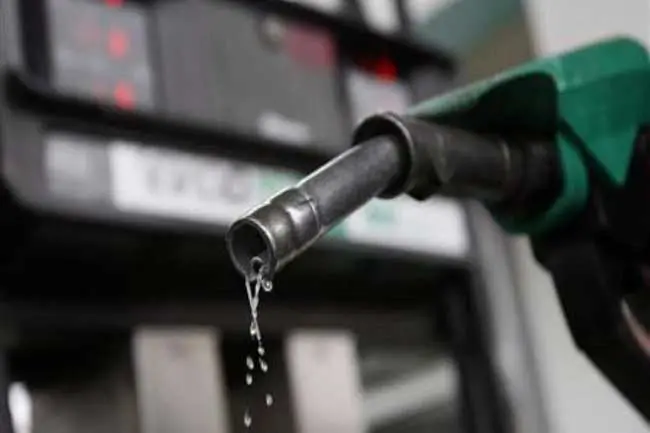The Independent Petroleum Marketers Association of Nigeria (IPMAN) has warned Nigerians against panic purchases in light of rumors about a potential hike in the pump price of petrol, also known as Premium Motor Spirit (PMS).
Reports indicate a conflict between fuel marketers and the Nigerian National Petroleum Company Limited (NNPCL) regarding the government’s subsidy payments. As a result, petrol is expected to be priced at N1,200 per litre following the discontinuation of under-recovery of fuel costs.
‘No Basis For That’
However, addressing the issue on Channels Television’s Sunrise Daily, Okanlawon Olanrewaju, the Public Relations Officer of IPMAN, stated that fuel marketers have no intentions of raising fuel prices.
“As far as the independent marketers are concerned, we don’t have plans or plans to increase fuel pump price,” he said on Thursday.
“There is no basis for that for now. There is no signal from NNPC that we should increase. So, we cannot do that on our own except NNPC comes out and says we are going to increase pump price. On our own, there is nothing like that.
“I want to use this opportunity to appeal to the public to stop panic buying. There is nothing like that (fuel price increment). It is just a rumour.”
His statement followed the NNPC’s dismissal of any clash with IPMAN, maintaining that the subsidy on petrol had been completely removed months after President Bola Tinubu announced its elimination.
Tinubu’s announcement during his May 29 inauguration highlighted that the 2023 budget did not allocate funds for fuel subsidy, deeming it unjustifiable.
This declaration led to a significant surge in petrol prices, surpassing N600 per litre in various regions of the country. The subsidy removal triggered economic challenges, including a peak in food inflation.
Oil marketers had also threatened to increase the per-litre price of petrol due to the fluctuating and scarce foreign exchange needed to procure the essential commodity.
Despite the removal of the subsidy, its implementation has faced controversy, with the World Bank asserting that the NNPC lacked transparency regarding the financial gains from this move.



